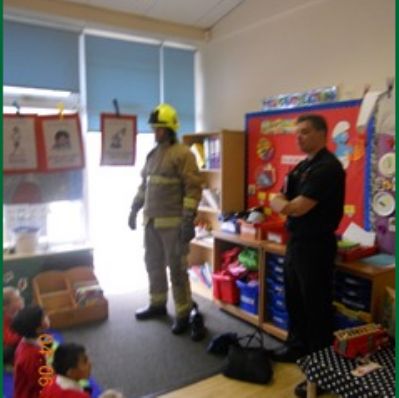British Values/School Values
British Values Statement
Promoting British Values
James Elliman Academy (JEA) is committed to serving its community. It recognises the multi-cultural, multi-faith and ever-changing nature of the United Kingdom. It also understands the vital role it has in ensuring that groups or individuals within the school are not subjected to intimidation or radicalisation by those wishing to unduly, or illegally, influence them. It follows equal opportunities guidance which guarantees that there will be no discrimination against any individual or group, regardless of faith, ethnicity, gender, sexuality, political or financial status, or similar.
JEA is dedicated to preparing students for their adult life beyond the formal examined curriculum and ensuring that it promotes and reinforces British values of all its students. The Government emphasises that schools are required to ensure that key ‘British Values’ are taught in all UK schools. The Government sets out its definition of British values in the 2011 Prevent Strategy.
The five British values are:
- Democracy
- The rule of law
- Individual liberty
- Mutual respect
- Tolerance of those of different faiths and beliefs
The academy uses strategies within the National Curriculum and beyond to secure such outcomes for students. The examples that follow show some of the many ways JEA seeks to embed British Values.
Democracy
The principle of democracy is consistently being reinforced at JEA. Our school value for Spring 2 is about promoting democracy across the school. We use democratic process for important decisions within the school community, for instance, elections being held for Head Pupils, School Council representatives, house captains and curriculum pupil leads. The principle of democracy is also explored in History, Religious Studies and P.S.H.E. curriculum as well as assemblies. We use Votes For School as a platform of debate for current events and topical questions.
The Rule of Law
The importance of laws, whether they be those that govern the class, the academy, or the country, are consistently reinforced. Students are taught the rules and expectations of the school which are highlighted in our weekly star of the week assemblies, Positive Behaviour Policy and student expectations. Students are taught the value and the reasons behind laws that govern and protect us, the responsibilities that this involves and the consequences when laws are broken. Visits from authorities such as the Police and Fire Service reinforce this message. We have a student council which meets regularly to discuss issues raised in class. Every child on the student council is voted in by their class.
Individual Liberty
At JEA students are actively encouraged to make independent choices, with the knowledge that they are in a safe, secure and supportive environment. Staff educate and provide boundaries for students to make informed choices, through a safe environment and an empowering education. Students are encouraged to know, understand and exercise their rights and personal freedoms and are advised on how to exercise these safely, for example through e-safety and P.S.H.E. JEA has a robust anti-bullying culture and has in place a comprehensive Positive Behaviour Policy.
Mutual Respect
Respect is a strong part of JEA and is part of our school rules. Students learn that their behaviour has an effect on their own rights and those of others. All members of the school community treat each other with respect and this is reiterated through its teaching and learning environments. Mutual respect is embraced throughout the curriculum by providing the opportunity for students to express their views in a safe environment.
Tolerance of those of different faiths and beliefs
JEA is a diverse school. We actively promote diversity through our curriculum, our diversity value and celebration of different faiths and cultures. This is achieved through equipping students with the ability to understand their place in a culturally diverse society. Students are actively encouraged to share their faith and beliefs within the school and celebrate festivities throughout the calendar year. The RE curriculum provides a broad and balanced education on a range of faiths, religions and cultures. Members of different faiths and religions are encouraged to share their knowledge to enhance learning within classes and the school. The children visit places of worship that are important to different faiths. JEA strives endlessly to ensure that its students leave with the strongest foundation of values upon which to build a successful contribution to our society.
Any enquiries about this advice, or issues raised by it, should be sent to: registration.enquiries@education.gsi.gov.uk.
Complied in association with:
- www.gov.uk/government/publications/promoting-fundamental-british-values-through-smsc
- Prevent Strategy
- Teachers Standards
- Equality Act 2010 Advice for Schools

